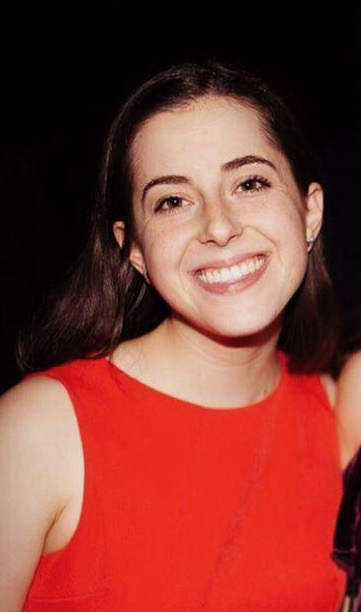Symposia
Workforce Development / Training / Supervision
2 - (SYM 107) Scalable Mentoring Approaches to Increase Access to Graduate School in Psychology

Melissa J. Dreier, B.A. (she/her/hers)
PhD Student
Rutgers University
Piscatway, New Jersey- SB
Simone Imani Boyd, M.A.
PhD Student
Rutgers University
Somerset, New Jersey - AB
Allison Bond, M.A.
Graduate Student
Rutgers University
Titusville, New Jersey - SJ
Saskia L. Jorgensen, B.A.
Graduate Student
George Washington University
New Brunswick, New Jersey - JH
Jessica L. Hamilton, Ph.D.
Assistant Professor
Rutgers University
Piscataway, New Jersey
Speaker(s)
Co-author(s)
Background: Getting accepted to PhD programs in clinical psychology has become increasingly competitive, with acceptance rates at selective schools often falling between 1-5%. Prerequisites for clinical psychology PhDs are relatively idiosyncratic compared to other graduate programs and much of this knowledge is not explicitly stated or widely accessible for prospective applicants. This can disproportionately affect prospective applicants from minoritized backgrounds, who may not have access to ‘hidden curriculum’ knowledge about the best path to take/experiences to pursue. Individual mentorship is helpful but does not reach those who do not know to seek out lab experience or faculty support in the first place. Individual mentorship is also time-intensive, meaning faculty do not have the capacity to mentor all students who come their way for guidance.
Core content: In this talk, we will provide examples of ways that faculty and graduate students can use scalable mentorship approaches to effectively demystify the ‘hidden curriculum’ of building experience and applying to clinical psychology PhD programs. These approaches are low-time commitment and prioritize disseminating knowledge about the application process to as many applicants as possible, with the particular aim of reaching prospective applicants from minoritized backgrounds. This presentation will focus primarily on two highly scalable initiatives: creation and dissemination of an info sheet and a program ‘open house’.
Conclusions: Low-time commitment, but high-impact mentorship efforts have the potential to demystify the ‘hidden curriculum’ of experience and skills needed to apply for clinical psychology PhD programs. Engaging in these efforts has the potential to increase diversity and equity within our field.

